Toxic or Trustworthy? Choosing the Right Friends
Introduction
Friendships play an important role in our lives. However, sometimes we need to take a step back and think about whether our friendships are still healthy and good for us. We’re going to talk about the different traits of a good friend vs. a bad friend with examples. We hope these can help you decide if you should stay friends or maybe move on. The aim is to have better relationships and be able to recognize when friends are holding you back.
8 Questions to Ask Yourself About Your Friendships
1. Effort: What would happen if you stopped making an effort to reach out to them?
- Good Friend: A good friend consistently puts effort into the relationship. They initiate plans and are there for you without expecting something in return, in both good times and bad times.

- Bad Friend: A bad friend only reaches out when they need something and rarely checks in on you. You feel like you are always giving, and they are always taking.

2. Boundaries: How do they respond when you set a boundary?
- Good Friend: A good friend respects your boundaries and they also set very healthy boundaries. They listen when you express your needs and respond with understanding and support.
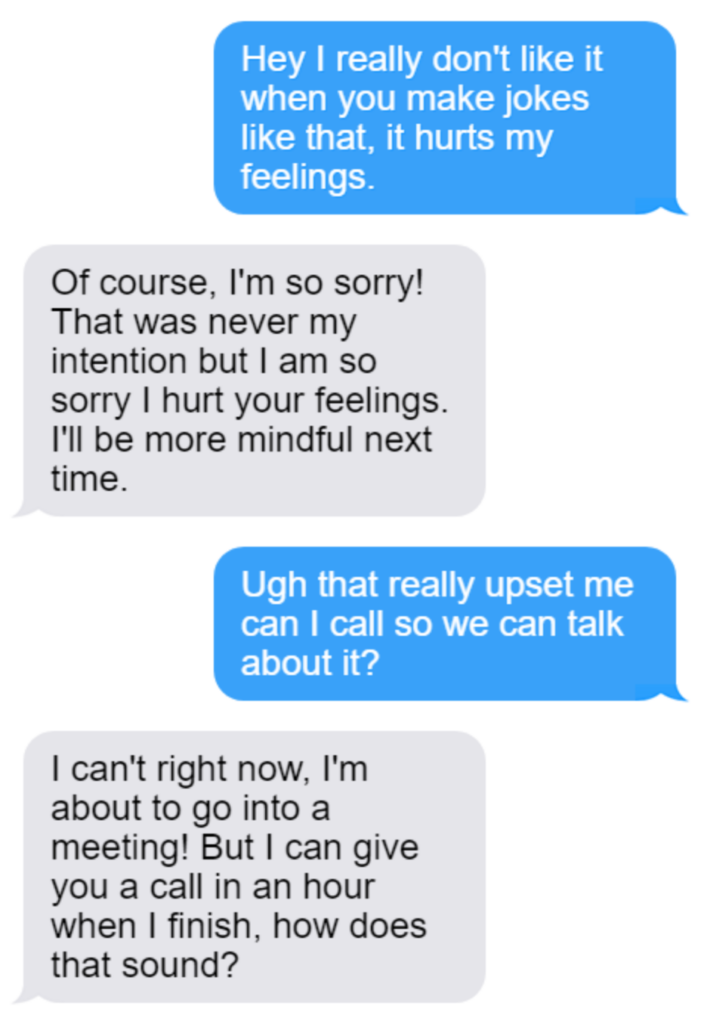
- Bad Friend: A bad friend dismisses or pushes against your boundaries, trying to convince you otherwise or disregarding your preferences. They can show jealousy, impose expectations, or pressure you into things you are uncomfortable with.
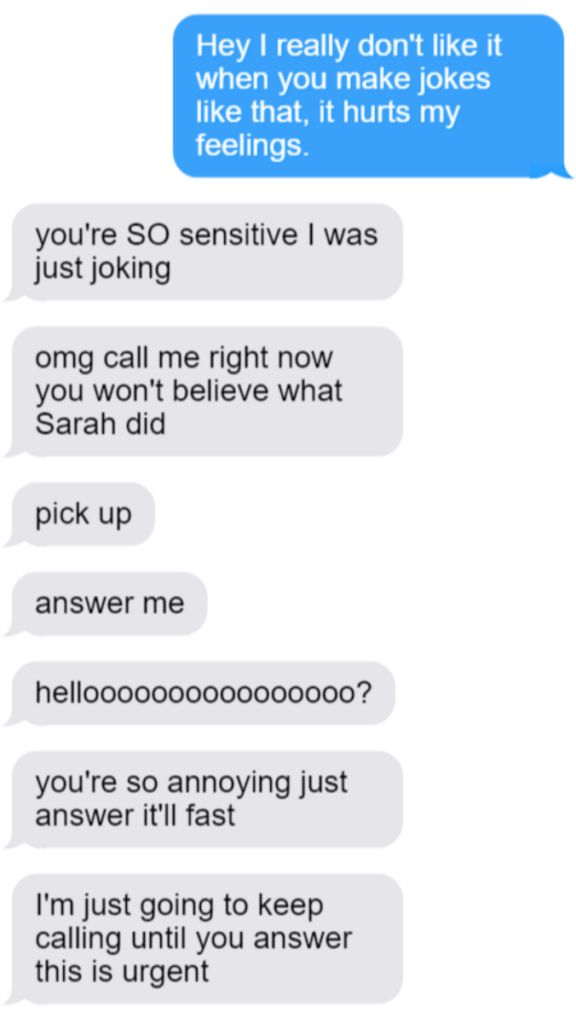
3. Emotional Well-Being: Do you feel respected by them?
- Good Friend: A good friend appreciates your contributions. They accept you for who you are and make you feel valued and supported. They provide a safe space for you to be authentic and don’t put you down. There is mutual respect, despite any differences.

- Bad Friend: A bad friend can criticize or belittle you, making you feel bad about yourself. They may ridicule your identity, beliefs, or choices, creating an unhealthy and unsupportive atmosphere. You feel as if they don’t respect you or take you seriously at all.
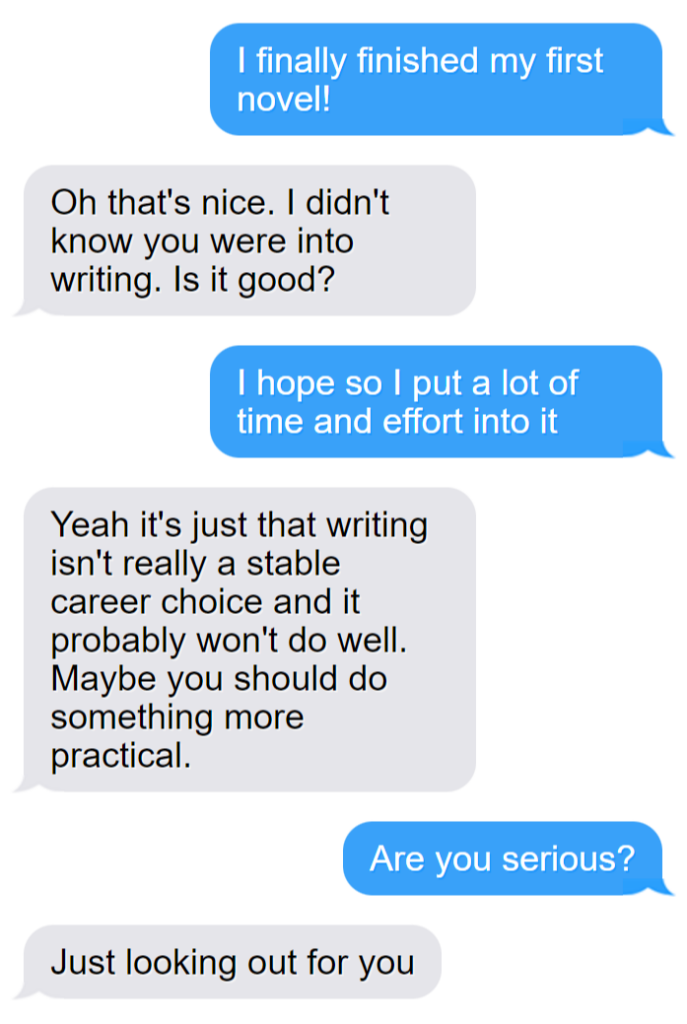
4. Support: Are they supportive of your accomplishments and goals?
- Good Friend: A good friend celebrates your accomplishments, offers encouragement, and supports your goals. They provide a positive and uplifting environment.

- Bad Friend: A bad friend can downplay your achievements, create unnecessary stress or drama, or blow things out of proportion. They might also be competitive out of jealousy or even combative in response to your successes.

5. Encourage Growth: Are they helping you grow into a better person by encouraging healthy habits?
- Good Friend: A good friend encourages your well-being. They encourage healthy habits and add positivity to your life.

- Bad Friend: A bad friend prioritizes their own interests over yours and may encourage unhealthy behaviors and choices, despite knowing your priorities and intentions.

6. Reliability: Can you rely on them to help you when you need it?
- Good Friend: A good friend is reliable and dependable. They are there for you when you need support, can keep your secrets, and are willing to help you without hesitation

- Bad Friend: A bad friend is consistently unreliable. They only reach out when they need something from you and have difficulty proving why they should have your trust.

7. Compatibility: How do you feel after spending time with them?
- Good Friend: A good friend engages in conversation that flows easily, shares mutual interests, and brings positive energy into the relationship. They respect you and others. Both of your priorities are aligned. You feel better and lighter after spending time with them.

- Bad Friend: A bad friend constantly drains your emotional and physical energy, leaving you drained after interacting with them. You might find it harder to have flowing conversation with them if their priorities have changed or if you have outgrown them.
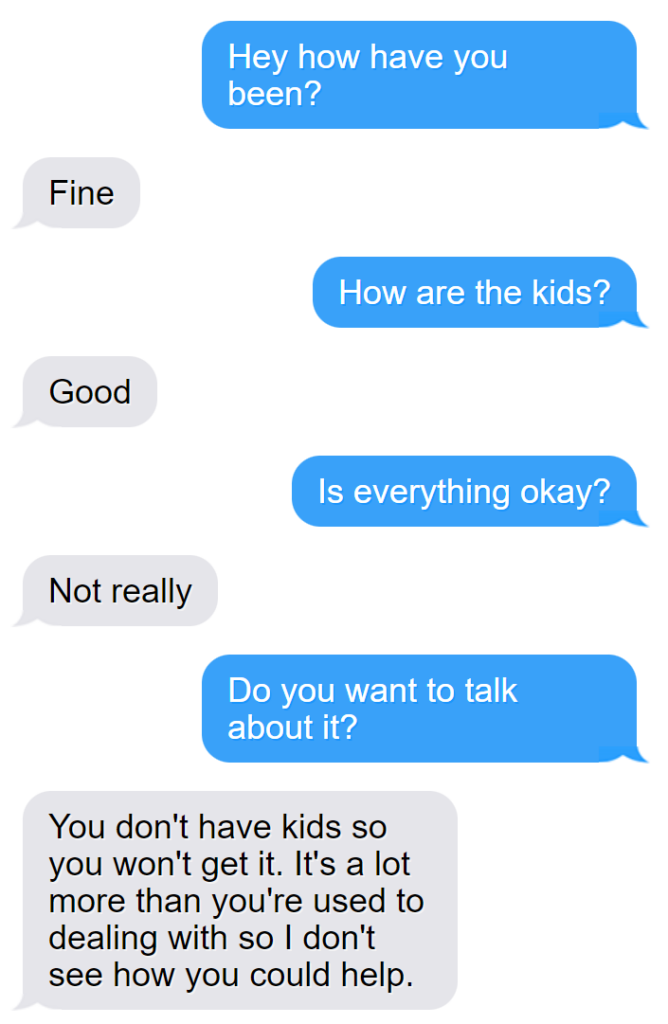
8. Honesty: Do you trust them to be honest with you in healthy ways?
- Good Friend: A good friend practices honest communication, providing constructive feedback and being trustworthy with sensitive information. They are open, authentic, and considerate of your feelings

- Bad Friend: A bad friend is dishonest or manipulative. They can withhold information or use honesty as a means to be cruel. They may breach your trust and manipulate situations for their benefit.
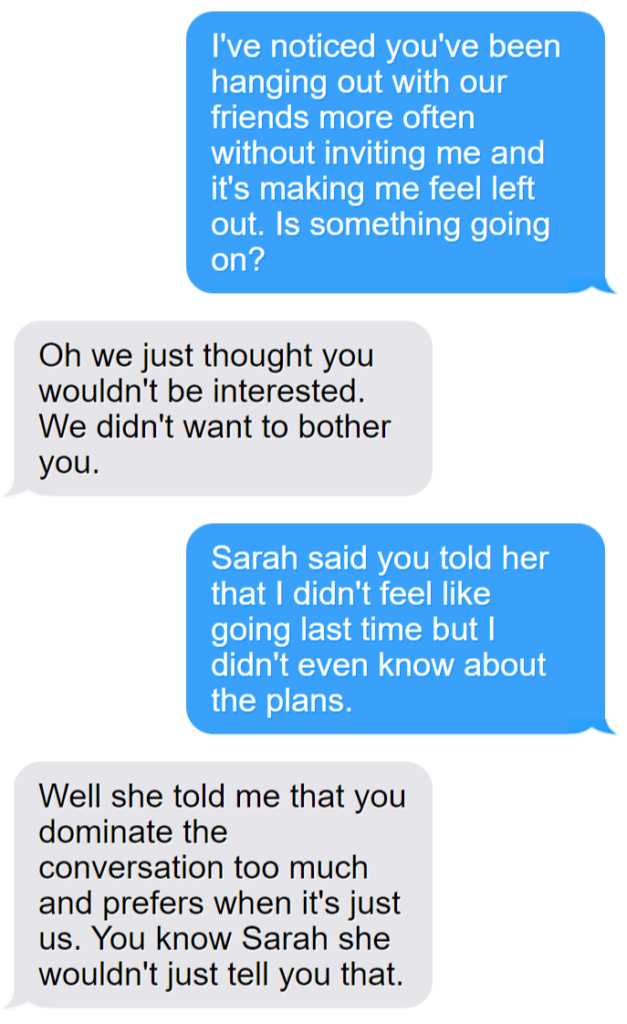
Getting Rid of Negative Friendships
If you’ve identified a friendship that is not good for you, it may be time to distance yourself from it. Here are a few steps you can take to remove negative friendships from your life:
- Communicate your concerns
If you feel comfortable, try talking to your friend about your concerns. Share how their actions or behavior affect you and express your desire for a healthier friendship. Sometimes, open communication can lead to positive changes.
- Gradually reduce contact
Instead of abruptly ending the friendship, you can slowly decrease the amount of time you spend together or time you spend communicating. This can give you both some space and help you determine if the friendship is worth salvaging. You can look at this as changing the type of friend they are to be more of an acquaintance than a close friend.
- Set clear boundaries
Establish boundaries to protect yourself from negative influences. Let your friend know what you’re comfortable with and what you’re not. Stick to your boundaries and be firm in enforcing them.
- Surround yourself with positive people
Seek out other friendships that uplift and support you. Spend time with people who make you feel good about yourself and bring positivity into your life. Surrounding yourself with the right people can make a world of difference.
Things You Can Do to Appreciate Good Friends
Recognizing and appreciating good friends is equally important. Here are a few things you can do to show your appreciation for the friends who bring positivity and support to your life:
- Express gratitude
Take the time to thank your good friends for being there for you. Let them know how much you appreciate their support, kindness, and friendship. Simple acts of gratitude can strengthen your bond.
- Spend quality time together
Make an effort to create meaningful experiences with your good friends. Plan activities or outings that you both enjoy, and cherish the time spent together. Making these plans happen at regular intervals helps with consistency and managing schedules.
- Celebrate their successes
Be genuinely happy for your friends’ accomplishments and milestones. Let them know you’re proud of them either by being mindful of certain dates or showing up to show your support.
- Be a good listener
Practice active listening when your friends need to talk. Show empathy, provide a safe space for them to express their thoughts and feelings, and offer your support without judgment. Sometimes, all a person needs is someone who will listen.
Conclusion
Taking stock of your friendships is an important part of personal growth and well-being. Recognizing negative friendships and making the decision to distance yourself from them can be challenging but necessary for your own happiness. Similarly, appreciating and nurturing relationships with good friends brings positivity and fulfillment to your life. Remember, surround yourself with friends who uplift and support you, and reciprocate their kindness and support as best as you can to build a lasting and effective support system.
If you enjoyed this article, please consider joining our community!


